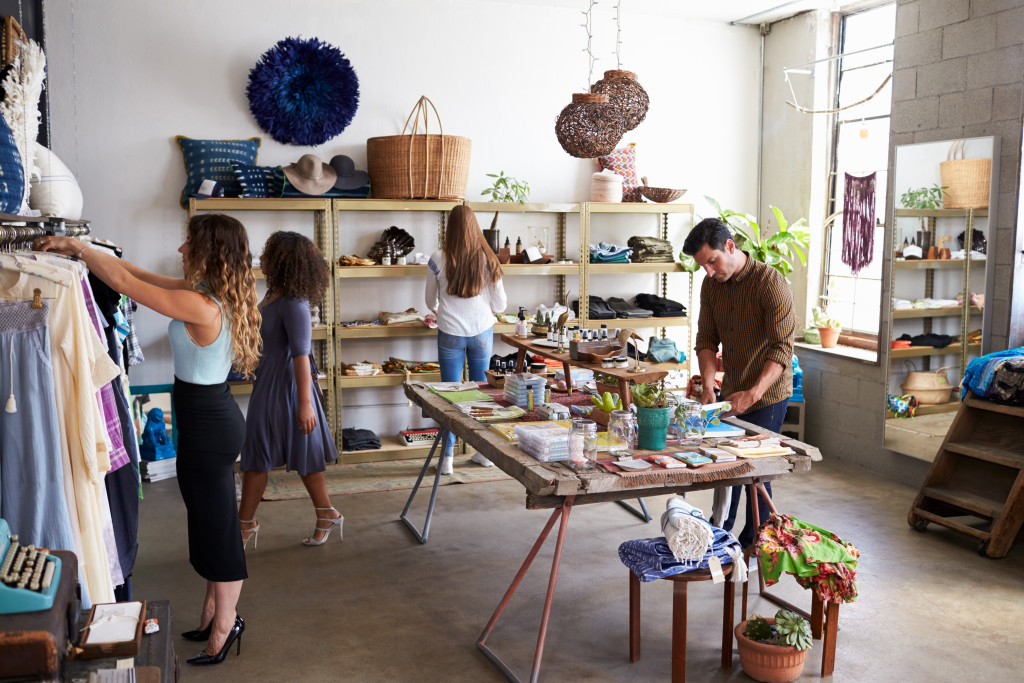Choosing the best location for your small business can be a challenge if you don’t know what to look for in an ideal location. While factors like average traffic flow and cost per square foot can help you narrow down your search, it’s ultimately up to you to decide whether this location will give your business what it needs to succeed over the long term.
One of the easiest ways to lose money and waste time is by picking the wrong location. However, there are simple strategies you can use to make sure you pick the right one. In this article, we’ll cover how to choose the best location for your small business!
Right Size of Your Office
Choosing an office space is a tricky business. Over-optimizing can lead you to spend more than you need on space, leaving you less money and energy to concentrate on what’s important — running your business. Here are four questions that will help keep location costs in check:

1) How much space do I need?
2) What features are worth paying extra for?
3) What period am I looking at?
4) Who else is involved in making decisions about my office location?
What are you trying to do? Are you looking for office space, retail space, a workshop, or some other kind of specific space? Knowing what your business needs will help you home in an appropriate location. For example, if your business involves heavy machinery, you’ll want a place with a lot of flooring that can support it. Some small businesses need large open spaces and long tables; others might be crammed into tiny cubicles all day.
Should You Rent or Buy?
If you’re running a small business, chances are that you need to rent space. But if you’re on a budget and looking for ways to make your company leaner, then buying might be more practical. Figuring out whether to buy or rent can be confusing, but it doesn’t have to be. While it depends greatly on where you live, some basic rules of thumb can help you determine whether renting or buying makes sense for your business.
Figure Your Decor
It’s hard to get a grip on your local business climate when you’re not there. It is doubly true if you’re going solo or are just forming a group of partners—you may have an idea of what type of atmosphere and environment appeals to your clients, but will potential customers even find you? It all depends on where you set up shop. There’s no substitute for being in a location long enough to see how it changes through different seasons and times of the day. If at all possible, spend some time visiting before deciding whether that neighborhood is right for you. There’s nothing like being in a place to give it life, doing so can make or break your venture before you even start.
Renovations to Do

If you’re looking at buying a building, one of your first considerations should be whether it needs significant renovations. Renovations can turn into cash pits for new business owners if you don’t know what you’re doing. Find out if there are any unexpected costs ahead of time so that you can plan appropriately. Some common ones would be flooring, walls, and even roofing.
Roofing is astounding as many people think just replacing shingles is enough. However, to properly seal off your place against water infiltration and keep fire damage from being a risk a complete overhaul may need to be considered. Asphalt roofing is a good option because it can last up to 30 years while still keeping maintenance low. It can also withstand severe weather like hurricanes, tornadoes, hail storms, ice storms, and heavy snowfalls.
Think If You Still Need Storage
If you don’t have enough space at home, consider renting a storage unit. Most people know about traditional self-storage units that can hold belongings, but there are other types of storage spaces such as mini-storage, climate-controlled and drive-up spaces. If you need to store your items in one place for an extended period, it may be a good idea to consult with an expert about what type of unit is best for your needs. It’s also important to make sure everything is properly covered, labeled, and protected so that nothing gets ruined while in storage.
What to Consider in Locations
Think about your target customers and how close they are to where you’ll be. Whether you’re a local, regional or national company, knowing where your audience lives is a good way to focus your marketing efforts. Take note of whether your potential customers can easily access your business. For example, if you open a cafe in an area that relies on public transportation and doesn’t have many parking spaces, it may be harder for you to get customers—even if they live nearby.
The secret of small business success lies in location, location, location. The right neighborhood is essential to any successful small business. Careful planning will go a long way toward ensuring that your new business is as successful as possible.




